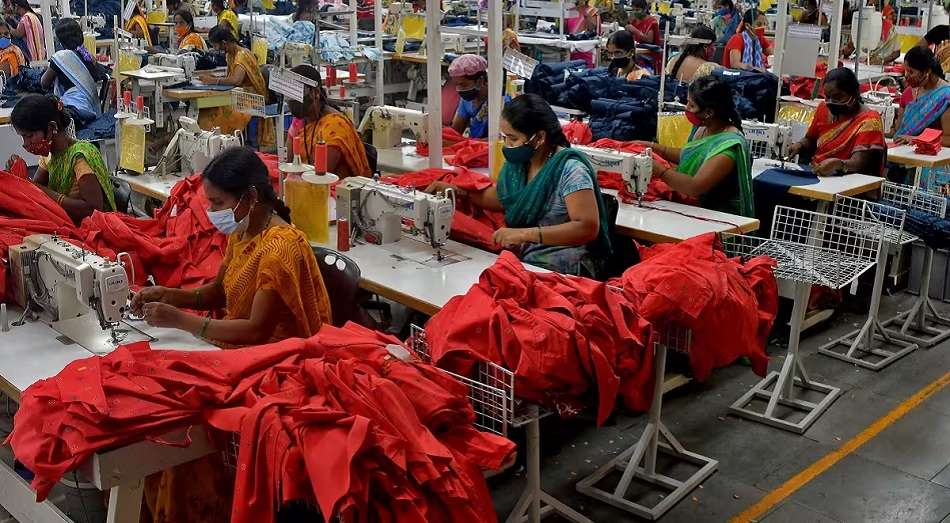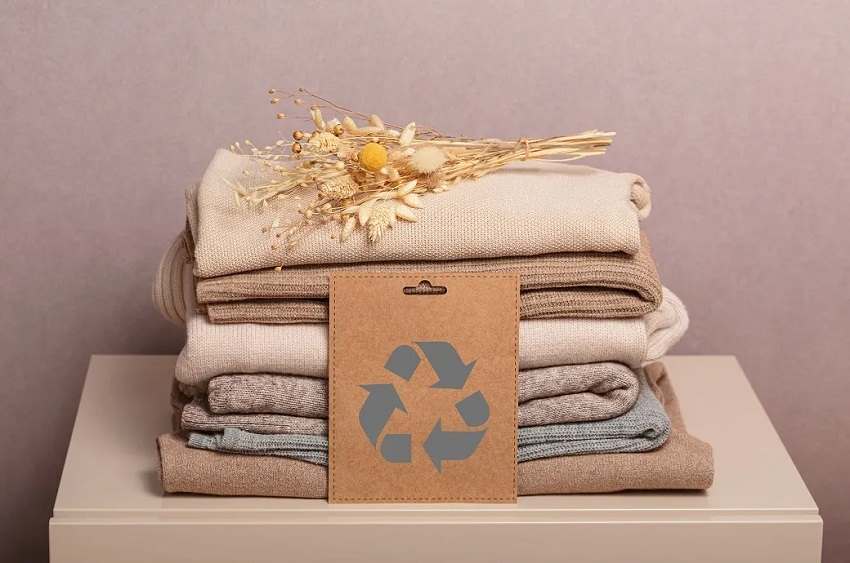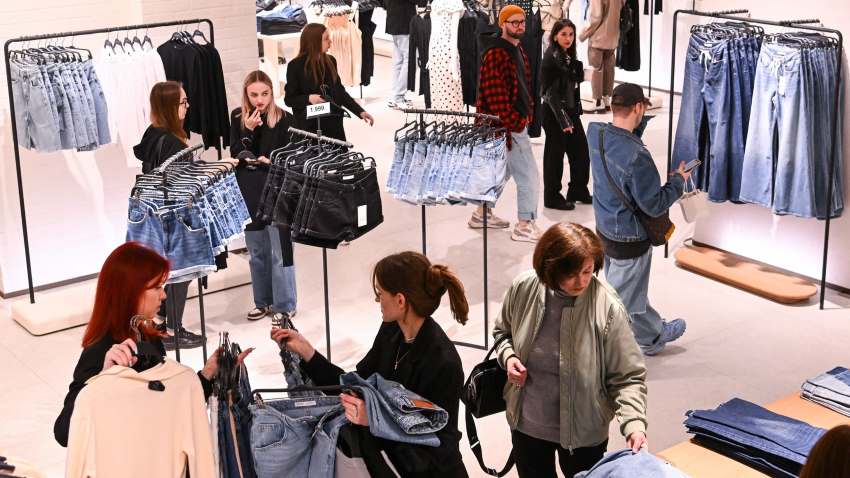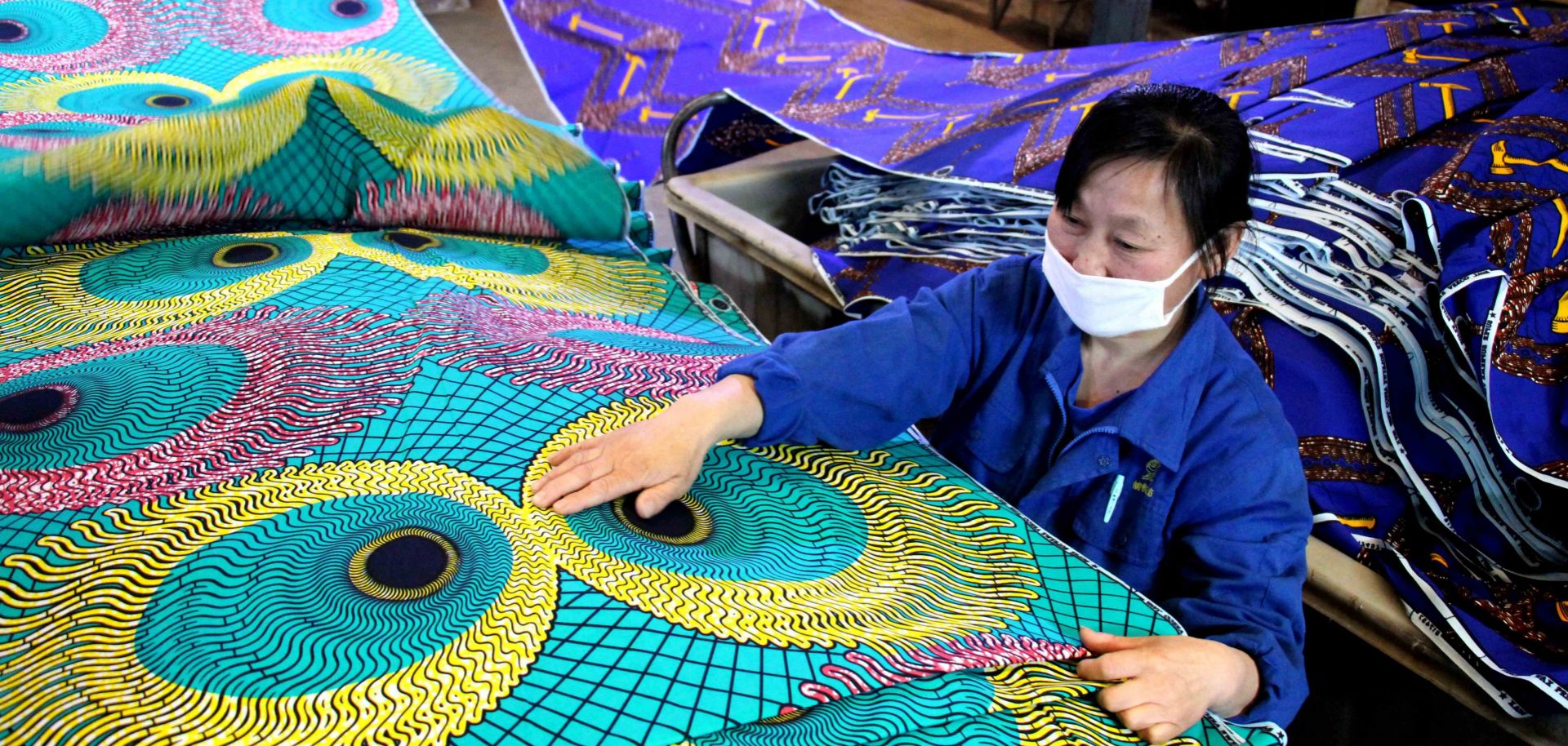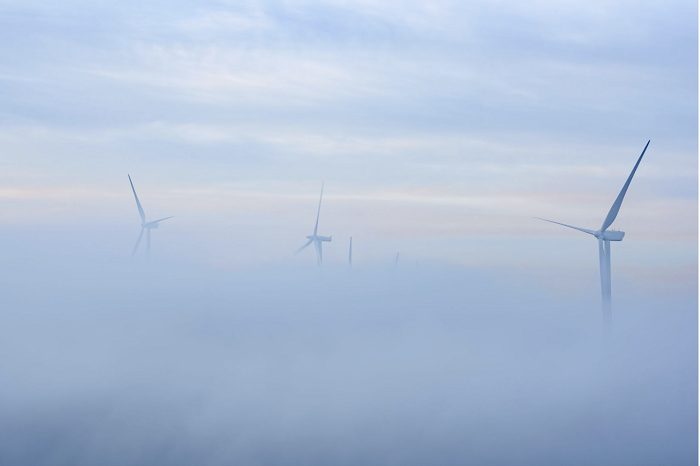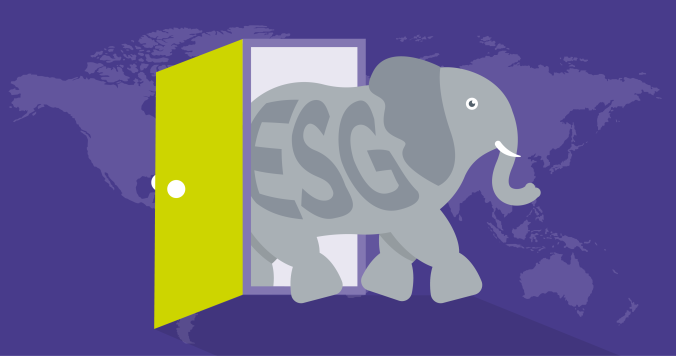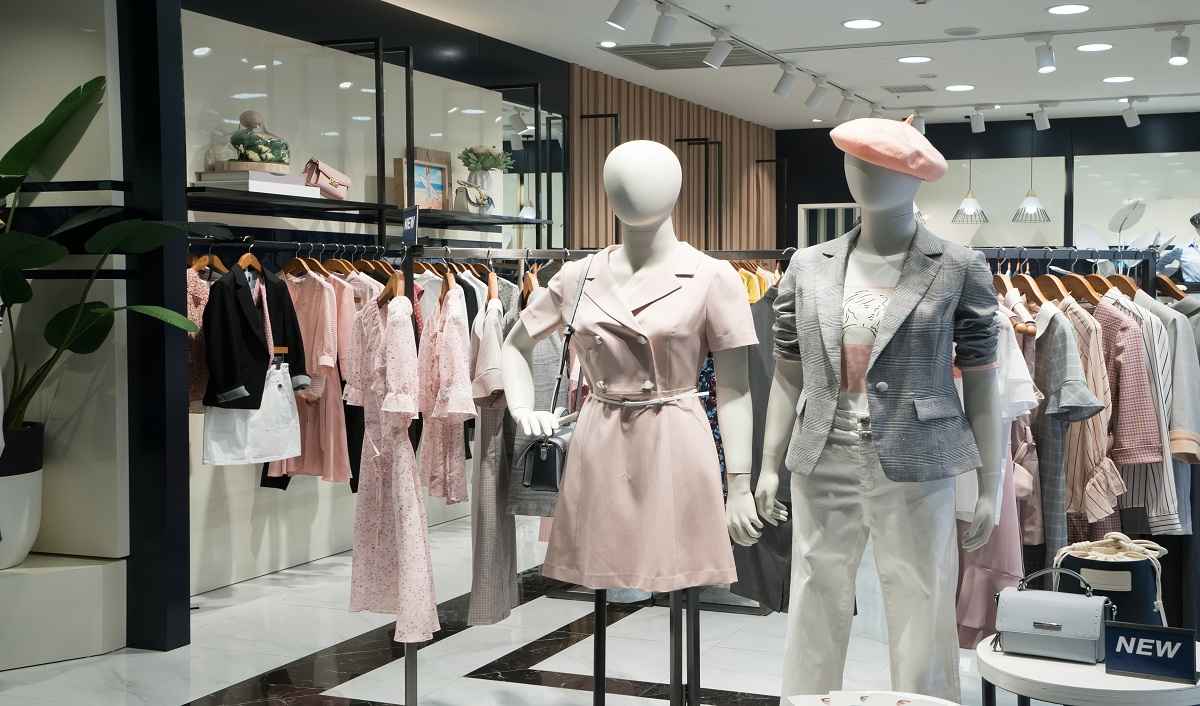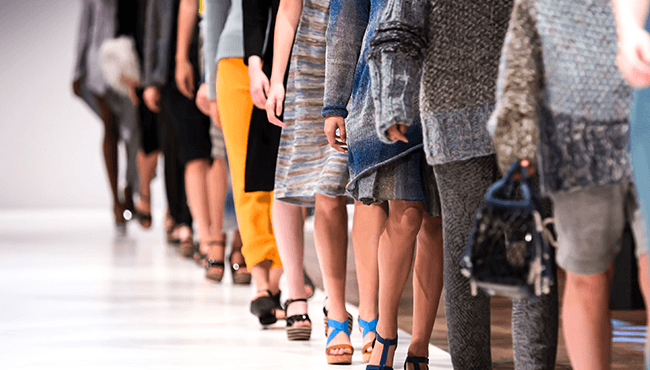FW
Turkey and Portugal are expanding their share in the US market. Together both will represent around 5 per cent of the American market. This is happening as a result of several factors including increased prices from Asia that are making the European exporters more competitive in the U.S. Secondly, shifting priorities, especially in China, are redirecting resources to other, more value-added industries like technology and automotive and away from textiles production. Global politics and threatening tariff increases by the Trump administration are causing U.S. importers to look to other sources for product outside of Asia.
Russia and Iraq have always been Turkey’s prime export markets. These two countries are going through, respectively, economic and political crisis, causing suppliers there to look elsewhere for business. For Portugal, its main trading partner, Spain, is also experiencing widespread economic hardship including massive unemployment. The answer for both Turkey and Portugal has been America. These factors make Portugal and Turkey more attractive resources for American importers.
According to the current Hermes barometer, digitisation of supply chain is far less advanced than is assumed. Only 8 per cent of companies surveyed have already successfully set up a transformation program. A further 19 per cent have started implementing such a program. However, 42 per cent of companies surveyed are yet to initiate digitisation as they have just become aware of its necessity.
Out of the total people surveyed, only 46 per cent wished to avail of the services of logistics service providers for the management of their supply chain in the future. Almost half (47 per cent) of all logistics decision-makers indicated that, when choosing logistics service providers, they pay more attention to the expertise of these service providers in regard to the digitisation of supply chains.
Many companies are unaware of the economic benefits of cloud and IoT technologies. Logistics decision-makers also attribute a lesser significance to these technologies. Only one-third of those surveyed consider cloud applications and IoT-enabled machines to be important.
The European Union will begin charging a 25 per cent tariff on $3.2 billion of US products from Friday in response to President Trump's decision not to exempt Europe from sweeping tariffs on aluminum and steel. However, the EU's retaliatory tariffs, announced earlier this month, target politically-sensitive products here in the US, like bourbon from Senate Majority Leader Mitch McConnell's home state of Kentucky and dairy products from House Speaker Paul Ryan's Wisconsin.
Around 200 categories of US products will be covered in the EU counter measures which include various types of corn, rice, orange juice, cigarettes, cigars, t-shirts, cosmetics, boats and steel. The EU is reserving the right to target more US products with further duties no later than March 23, 2021. Second-stage retaliation would involve levies ranging from 10 percent to 50 per cent on an extra €3.6 billion of American goods imported into the European Union.
Taiwan, Malaysia and Singapore will be among the markets most affected by the US tariffs on Chinese goods. Many economies and companies outside the US and China could be exposed because of their interconnected supply and revenue chains, potentially putting global economic growth at risk.
Tariffs on Chinese exports are much more consequential for emerging market economies than those on US exports, and the pain is likely to be concentrated in Asian economies. The US and China have been trading fierce rhetoric over the past two months, threatening to slap billions of dollars' worth of tariffs on each other's goods and services. While the current dispute between the two economies hasn’t officially been classified as a trade war the threat is real.
Trade tensions can take a real toll when they intensify. There could be some economies less exposed to the first-round effects of tariffs. The immediate damage is focused chiefly on Asia, while relatively closed economies such as Brazil and India should be more insulated than other economies in the event of a more global trade war.
China’s tariffs on US goods will mainly offer opportunities to developed market economies who could look to replace the US as a major supplier of higher value-added commodities, while other emerging economies will hope to substitute for China as a provider of raw materials and components.
Three designers have been shortlisted for the 2018 PETA Prize for Animal-Free Wool. The awards ceremony will be held at the MoMA (Museum of Modern Art) in New York. The prize forms part of the Biodesign Challenge and is sponsored by PETA, Stella McCartney and Stray Dog Capital. The selected design students will be subsequently partnered with biotech professionals to help advance the proposed innovative fibre biotechnology. The successful innovator will also benefit from a learning experience at Stella McCartney‘s London headquarters.
The three finalists include Woocoa, a vegan wool produced using hemp and coconut fibres treated with enzymes extracted from oyster mushrooms; Werewool, a fibre which replicates the properties of wool by isolating and expressing a protein from its own DNA and combining it with a bonding enzyme from the Fashion Institute of Technology (FIT) and Kerasynth, a microfluidic vegan skin with an array of follicles producing wool. The award will help aspiring designers develop a sustainable material that will keep sheep from being shorn bloody for wool sweaters and scarves.
Dornbirn Global Fiber Congress (Dornbirn GFC) will be held in Austria from, September 12 to 14, 2018. This is an innovation platform for the fiber, textile, nonwoven, equipment, and mechanical engineering industry. It is a major player as an idea and network generator.
Dornbirn GFC will feature lectures on fiber innovations, transportation and mobility, recycling, circular economy, energy generation and energy storage, surface modification and additive technologies. More than 700 participants from over 30 nations will take advantage of Dornbirn-GFC in order to learn about the latest innovations of the fiber industry and its downstream stages.
Due to the vast interest from the industry and trade, and the strong support of the EU Commission, circular economy is a focal point this year again. Canada-based brand Lululemon Athletica will generate forward-looking future trends for the industry and will also expand the innovation trend in interview sessions. Renowned brands and retailers will meet at the congress and will take advantage of the network. Lenzing, the world`s largest and most innovative cellulose fiber producer, is the lead sponsor of the congress.
The market place fair will be reinforced in order to support companies to facilitate the marketing and roll out of innovations. Expert media will focus on the textile market in Turkey this year.
Companies are, with an ever-increasing frequency, moving into the recommerce marketplace. Adding this element of circularity to business models is seen as an opportunity to both enhance the organisation’s sustainability credentials while also providing a new revenue stream.
UK -based retailer John Lewis has launched a pilot buy-back program in partnership with recycling specialist Stuffsr. The scheme will be made available to a small number of customers as a precursor to rolling out a full-scale version later in the year. Similarly, fashion retailer Guess has announced a partnership with I:CO in an initiative which facilitates the collection, certified sorting, reuse and recycling of used apparel and footwear.
The John Lewis initiative will see garments purchased from the company within the last five years instantly valued via an app, before allowing this apparel to be sold back to the company – meaning, customers can claim a John Lewis voucher once the value of returned apparel reaches a threshold. These items can then be collected by courier service in as little as three hours.
The Guess and I:CO collaboration will enable customers to take a minimum of five garments into stores in exchange for a 15 per cent discount off any purchase in-store or online before an agreed deadline.
Emanuel Chirico, chairman and CEO of PVH, has been named one of Glassdoor’s top CEOs of 2018. Glassdoor is one of the largest job and recruiting sites in the world. The ranking is based on approval ratings in voluntary reviews from current and former employees posted on Glassdoor throughout the past year.
PVH is one of the world’s largest apparel companies and owner of iconic brands including Calvin Klein, Tommy Hilfiger, Van Heusen, Speedo, Warner’s and Izod. Chirico is the only chief executive from a fashion-apparel brand on the list of 100 CEOs, all of whom have been identified by their own employees throughout North America and parts of Europe as strong leaders.
There is a specific question within Glassdoor reviews about CEO performance, asking associates whether they approve, disapprove or are neutral about their CEO. Chirico is No. 79 on the Glassdoor list.
Glassdoor was launched in 2008. It is valued at more than a billion dollars. It has job listings, but it is also a place where people share salary information and post anonymous reviews evaluating their office environments. Among the site’s features are company ratings, based on how many stars the employees award the organization, on a scale of one to five; and CEO approval ratings, given as a percentage of how many people approve of the company’s leadership.
Germany-based Hermes Eco Laboratories is currently in the process of expanding its reach, by opening a lab in Delhi. The company will invest Rs 50 lakh in the upcoming Delhi based lab while at a later stage it will invest Rs 2 crore for eco parameter testing. The brand has a good tie-up for logistics to avoid any delay in pickup regarding testing, as immediate support. Some of the prestigious clients in the North include Jyoti Apparels, Rahul Fashions, and Super House, etc.
Though Otto (Bonprix, Heine) is the main client of the company, it is also associated with and approved by other European buyers, like Breuninger, Marcopolo, G-Star and many others. Hermes Eco Laboratories’ focus is on complete quality assurance for clothing as well as home textiles. More than a testing lab, it functions like an expert or a consultant, supporting the exporters on various parameters, like Pesticides, APEO, AZO etc.
Nearly 1,000 exhibitors are expected to attend the Intertextile Pavilion Shenzhen 2018, which will be held from July 5 to 7, 2018 in Shenzhen. The fair will witness a 38 per cent increase in suppliers this year. With a strong focus on ladieswear, the fair will feature a wide range of premium ladieswear fabrics, lingerie and swimwear fabrics, printed fabrics, accessories and more.
The trade show will feature the Spring/Summer 2019 collection in the Trend Forum in Hall 9. It will also host a range of seminars on topics including New Technology & Solutions, New Materials & Sustainability Development. Three domestic pavilions at the fair will showcase a range of man-made, silk, linen, ramie and knitted fabrics, as well as lace and embroidery products. These include Shengze Pavilion, China Bast and Leaf Fibres Textile Association Pavilion and the Shaoxing Pavilion. The venue for this year’s fair will also expand by one hall to accommodate the around 280 extra exhibitors that are expected to participate.

